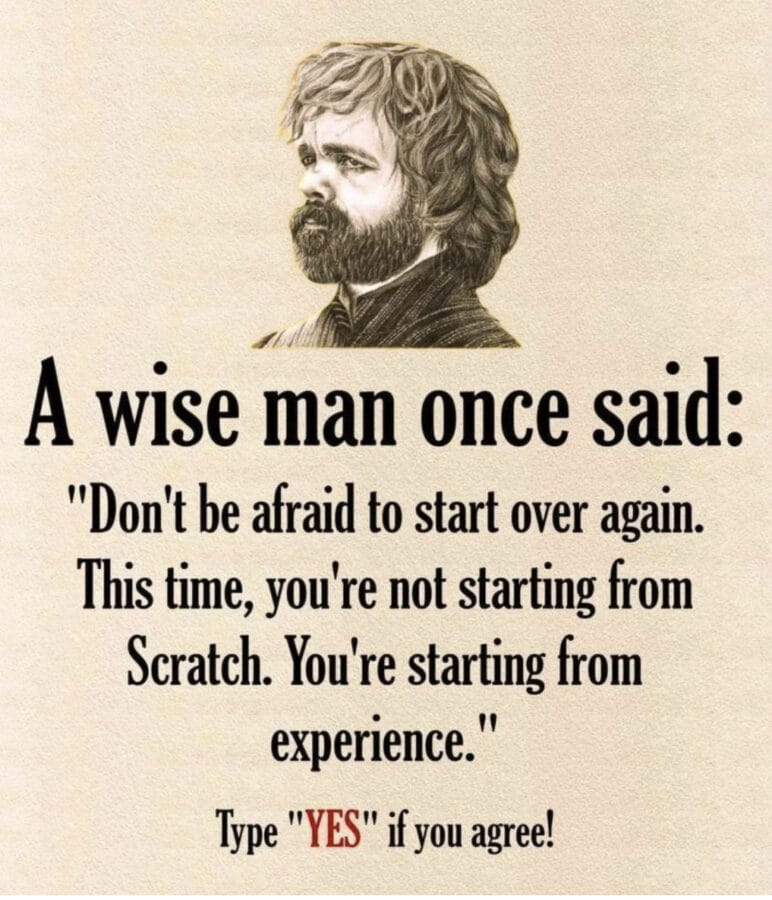QuitGamble.com is a modern alternative to Gamblers Anonymous.
Instead of physical support meetings, QuitGamble.com offers an online course and coaching. The Stop Gambling MasterClass is based on 7 years of experience from working with over 9000 gambling addicts.

Gambler’s Anonymous, GA, has helped people through its 12-step program for over 60 years. They arrange physical meetings daily worldwide, and the community is full of fantastic and helpful people. Well done!
GA is the place to go if you want to stop gambling addiction. BUT it doesn’t work for everyone, and many keep struggling with gambling problems. Moreover, approximately 80% of all compulsive gamblers don’t seek help.
80%!
GA is undoubtedly doing a good job, but there is room for Gambler Anonymous alternatives. In this article, we’ll compare GA with QuitGamble.com. We’ll discuss the different approaches the two platforms have.
3 REASONS why 80% of problem gamblers don’t seek
GA has a clear structure, and everybody is welcome to their meetings. However, in Step 1, you have to admit that you have a problem even more: You have to admit that you’re powerless against the addiction.
- Admit you have a problem
- Admit you’re powerless
- Do it in front of strangers
For many, this is a HUGE DEAL. Naturally, we agree it’s better if the person admits to their problem, but, for us on QG, it’s not a deal-breaker. On QG, it’s more important that we can start the process of helping somebody than he/she admits they have a gambling problem. We want to be an alternative to Gamblers Anonymous, which accepts everybody.
On QG, we want to make the threshold to get started as small as possible. We aim to create a platform that is easy to access, fun to use, and helps users deal with the underlying causes of their addiction. We want to inspire our users and help them grow in an environment built on helping yourself by helping other people.
For us, admitting that you’re powerless makes the person a victim. We want to empower, inspire, and make the person believe in their own ability. We do that by encouraging and challenging the user. We intend to build up his/her self-confidence and self-esteem gradually.
Finally, we believe the physical meetings GA arranges are great. The challenge is to get people to come to the first, second, and third meetings. Physical meetings can be intimidating, and though the person might struggle with gambling, he/she might not be ready to go to a meeting.
QuitGamble.com is online-based; people can log in, chat, share experiences, and work on various programs. QG is open 24/7, and the user can be completely anonymous. Again, we try to make the process of getting started as short and stress-free as possible.
Why Gambler’s Anonymous might not work for some
GA has a well-tested 12-steps process. For some people, this process works splendidly. WOW, we even smiled when we wrote that. GA can be excellent! Many people struggle in GA, though. Here are some of the reasons we believe people struggle:
- People easily get stuck on one step
- They focus on people staying away from gambling, not the underlying cause.
- Relapses push you back to day one.
In GA’s 12 steps, you take one step at a time. To reach the next step, you need to do/admit/believe certain things. Sometimes, that’s difficult, and the person gets stuck. On QG, we don’t think there is a linear process to becoming gambling-free. We believe there’ll be bumps on the way. Sometimes, we struggle, need a little time, and perhaps need a new perspective. To get ahead, the user can do something else or discuss and share their experience in the forum or live chat.
The main difference between QG and GA is what we aim to achieve. In GA, the goal is to create a sober addict. The goal is to help the person not gamble again, but the person will remain a gambling addict for the rest of their life.
When the process is focused on helping people stay away from gambling, it’s easy to forget what caused the addiction in the first place. On QG, we believe pain is the cause of addiction. Gambling is just a way to escape pain, not the cause of the addiction. It means that if the person stays away from gambling and doesn’t deal with what causes them pain, the risk he/she gets addicted to something else is undoubtedly high.
On QG, we help people fight pain and to help ease the pain. The goal is to create a happy and free person. We believe a happy person experiences less pain and is, therefore, more resilient to becoming addicted to anything.
In GA, they count the days since your last bet. It can be effective and get people motivated. But, since the focus is on staying away from gambling, if the person relapses, he/she has to admit it to the group and start over. For us, it feels almost like the relapse is punished.
On QG, we see relapse as part of the journey. All new users are recommended to create a change plan. In our video course, they learn about updating the change plan as they go along. A relapse then becomes a way to learn and to make the change plan stronger. Besides, our Nonviolent communication program helps the person deal with relapse and guilt and shame, which often come with it.

Recap of Gamblers’ anonymous 12 steps.
Conclusion
QuitGamble.com and Gamblers Anonymous have different approaches. In this article, we’ve shown how QG can be an alternative to Gamblers Anonymous. GA has a rigorous 12-step process with a big organization and many senior members. QG is online-based and approaches the entire problem of gambling addiction differently from GA. At QG, fighting pain is central, and in GA, fighting gambling is the primary goal.
On QG, we’re not competing with GA. We aim to become an alternative to GA with an online platform that is easy to access and stress-free to get started. For GA members, QG might also become a valuable resource for the journey to becoming gambling-free.
No matter what you choose, we wish you good luck!

GA: Once an addict always an addict. . .
We refuse to accept that! Our Stop Gambling Masterclass is an modern alternative to GA!

 English
English Español
Español Français
Français Português
Português Svenska
Svenska